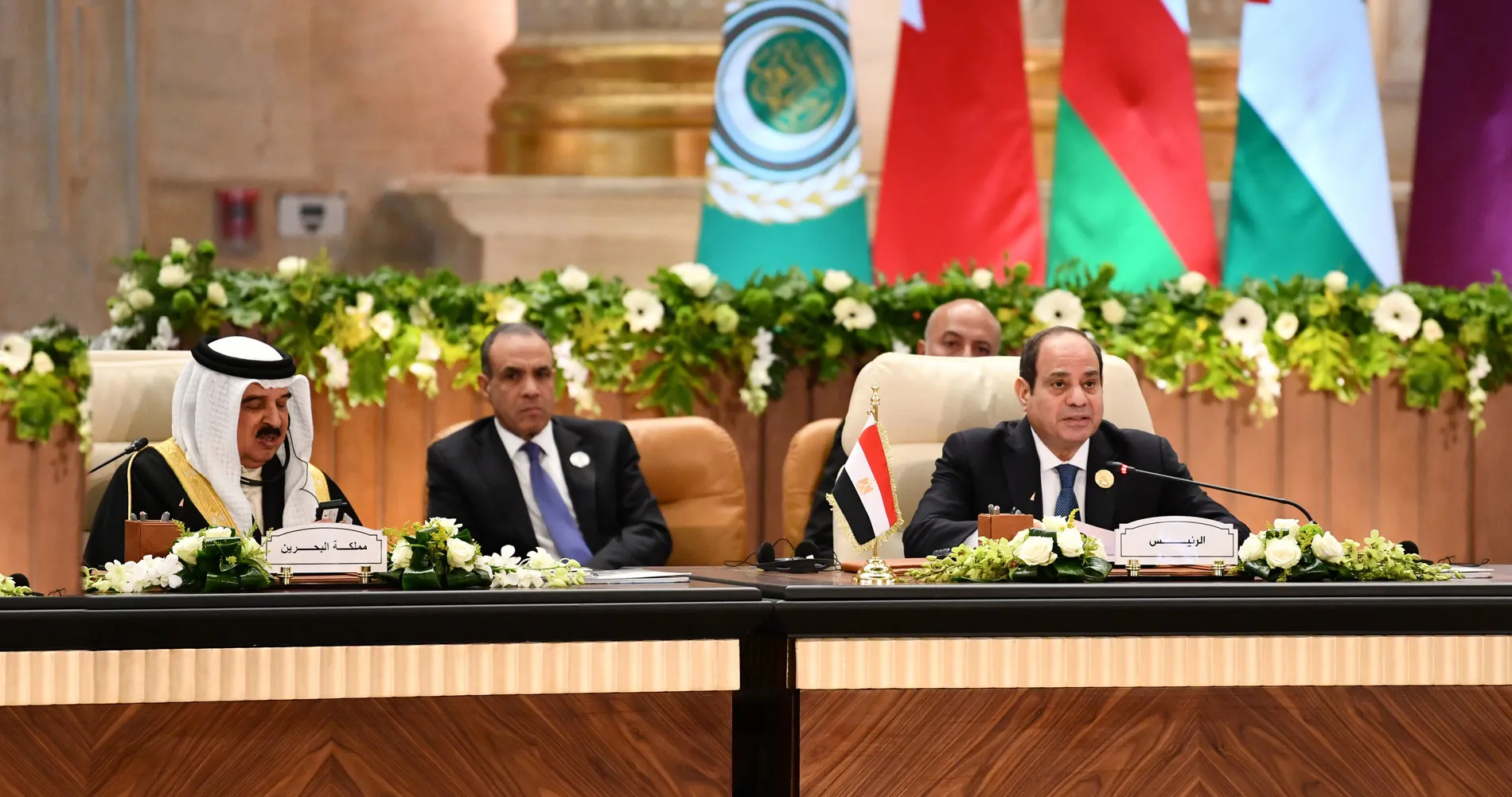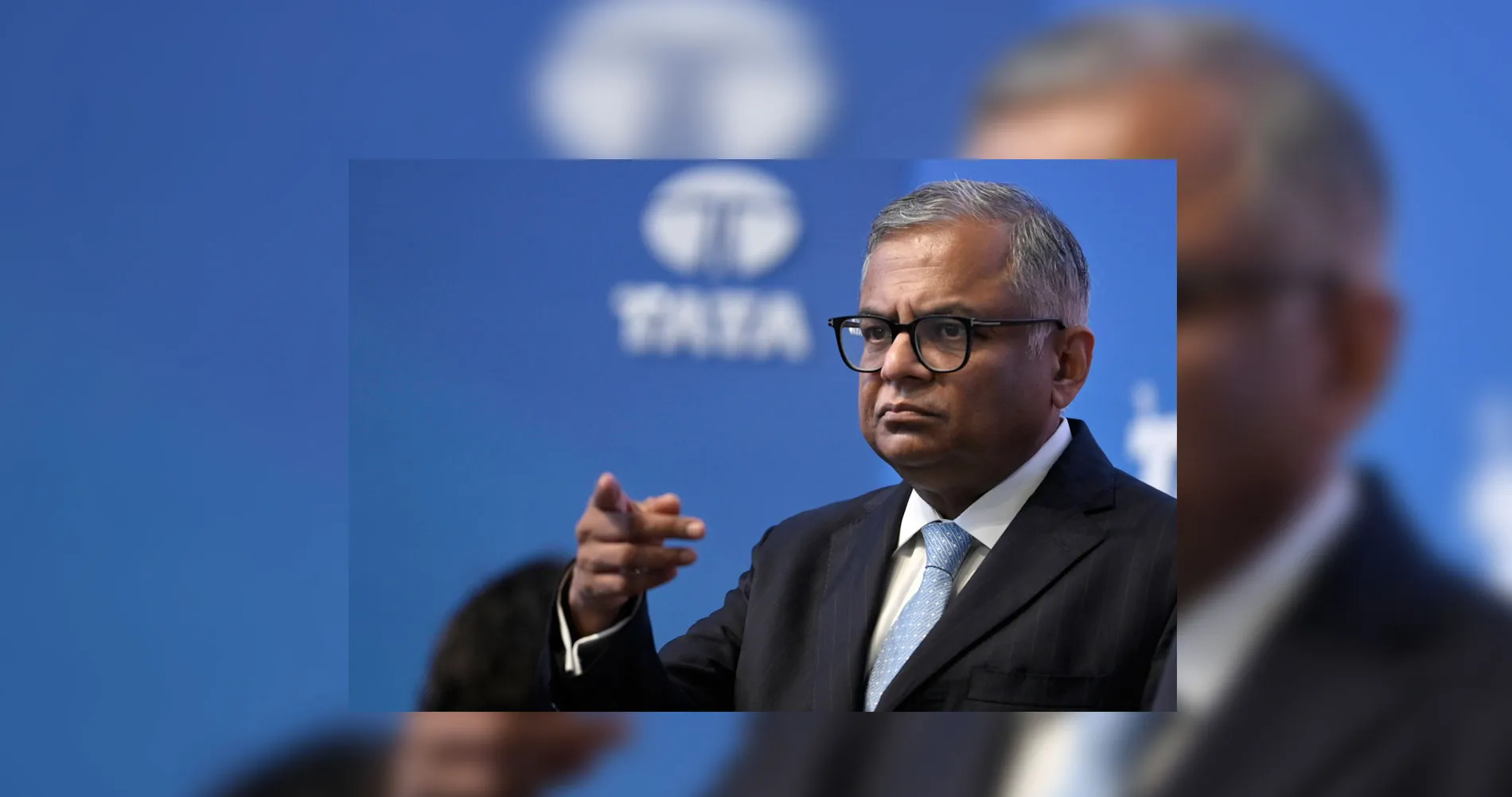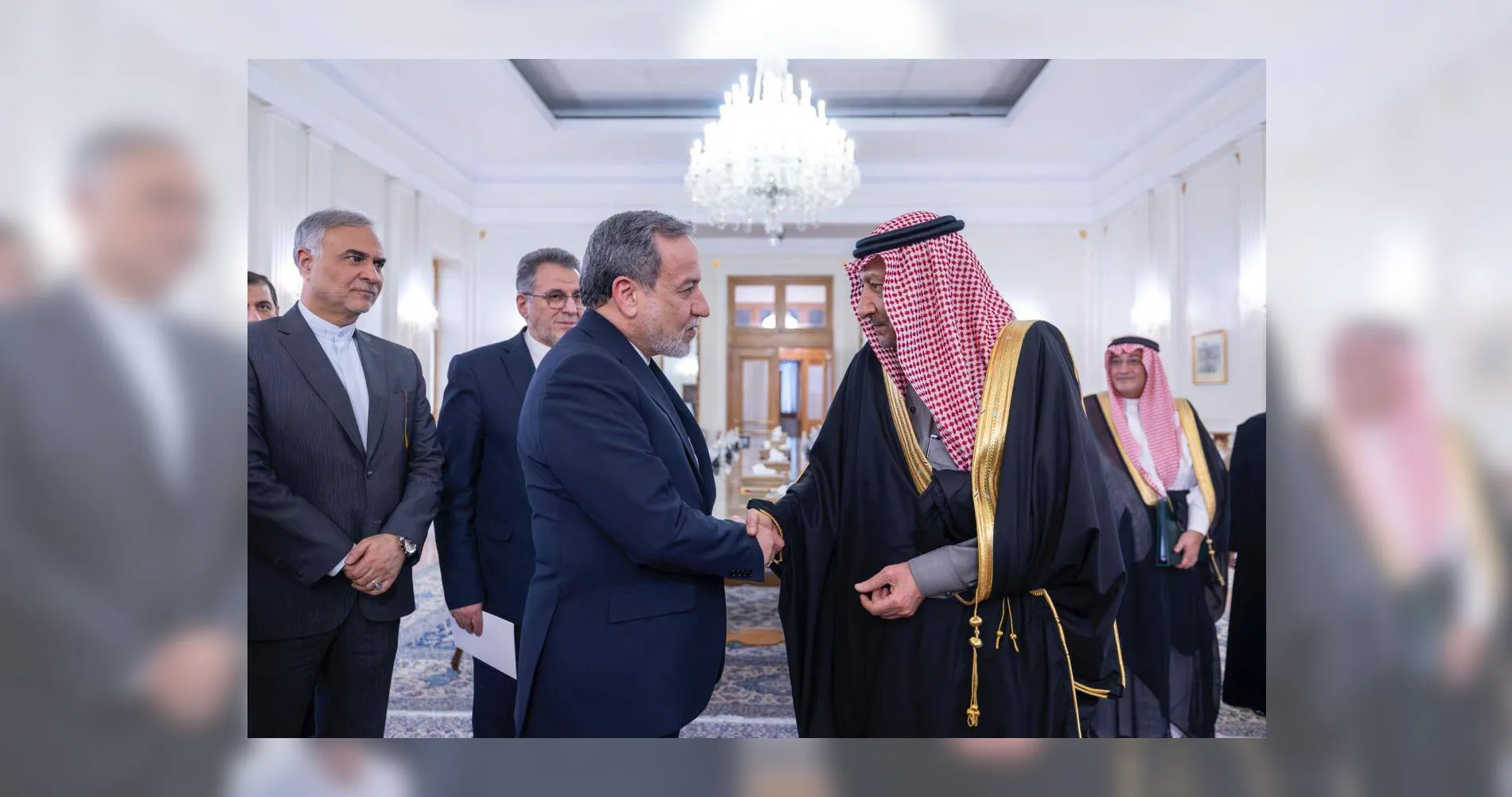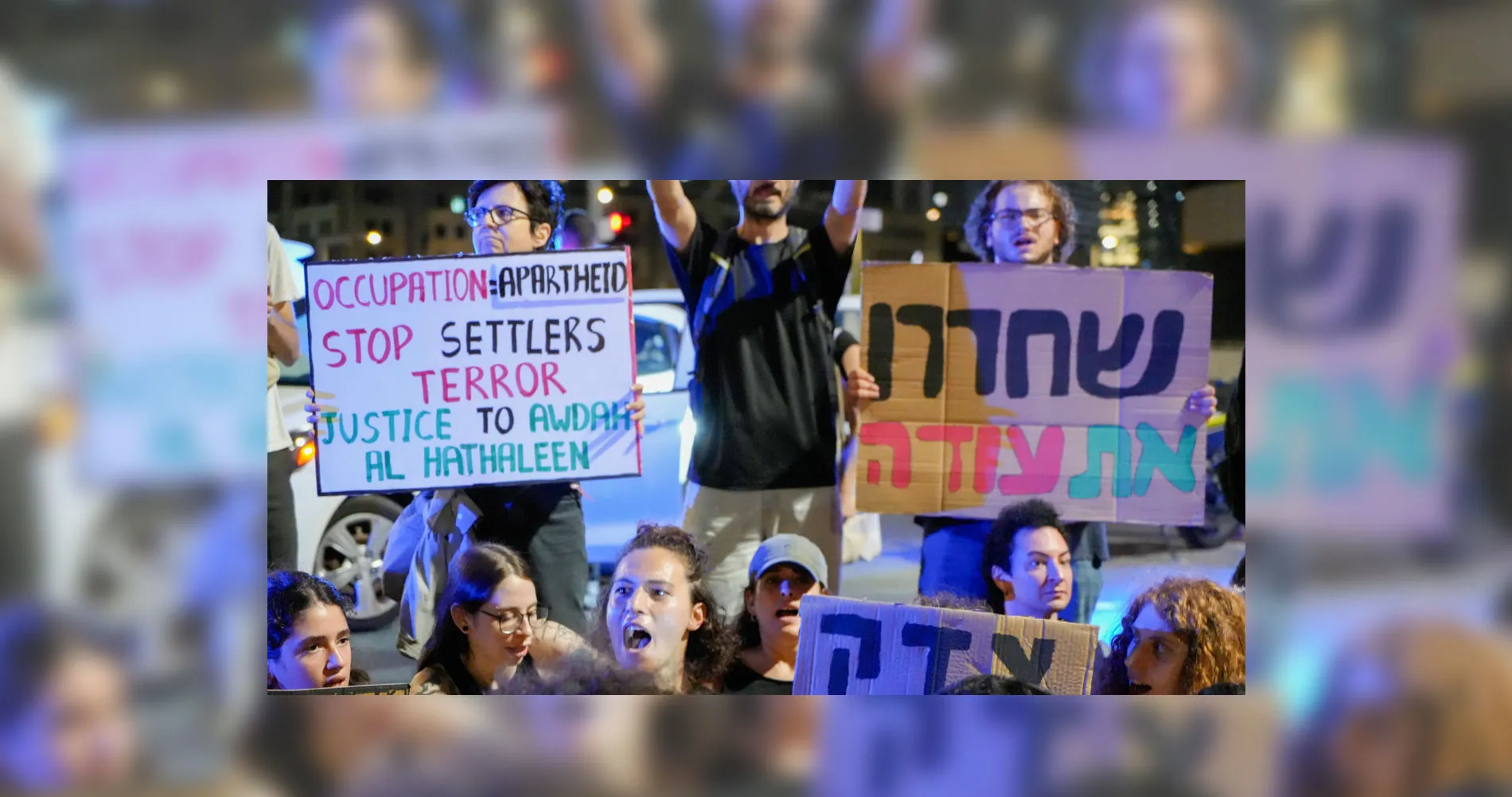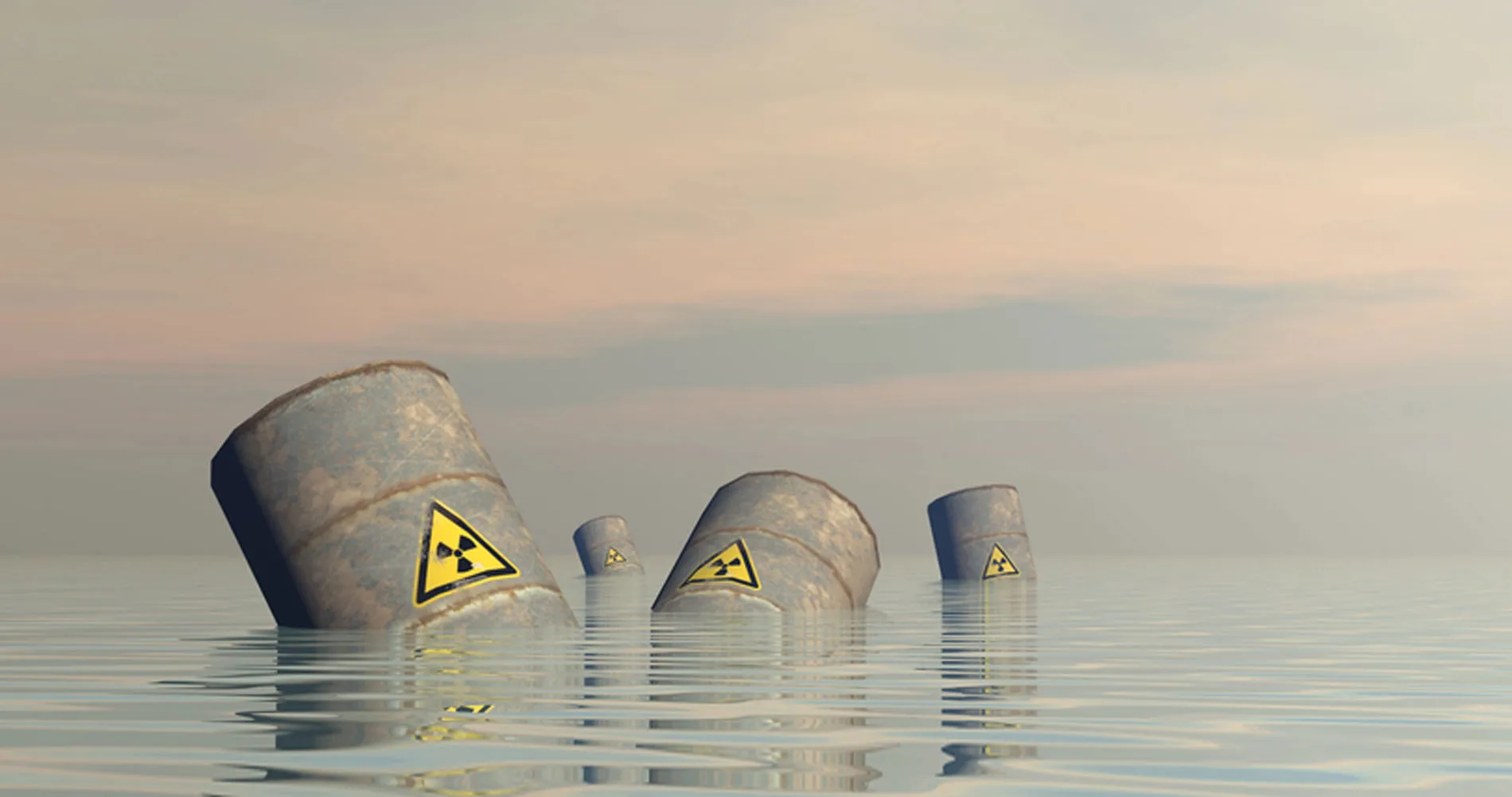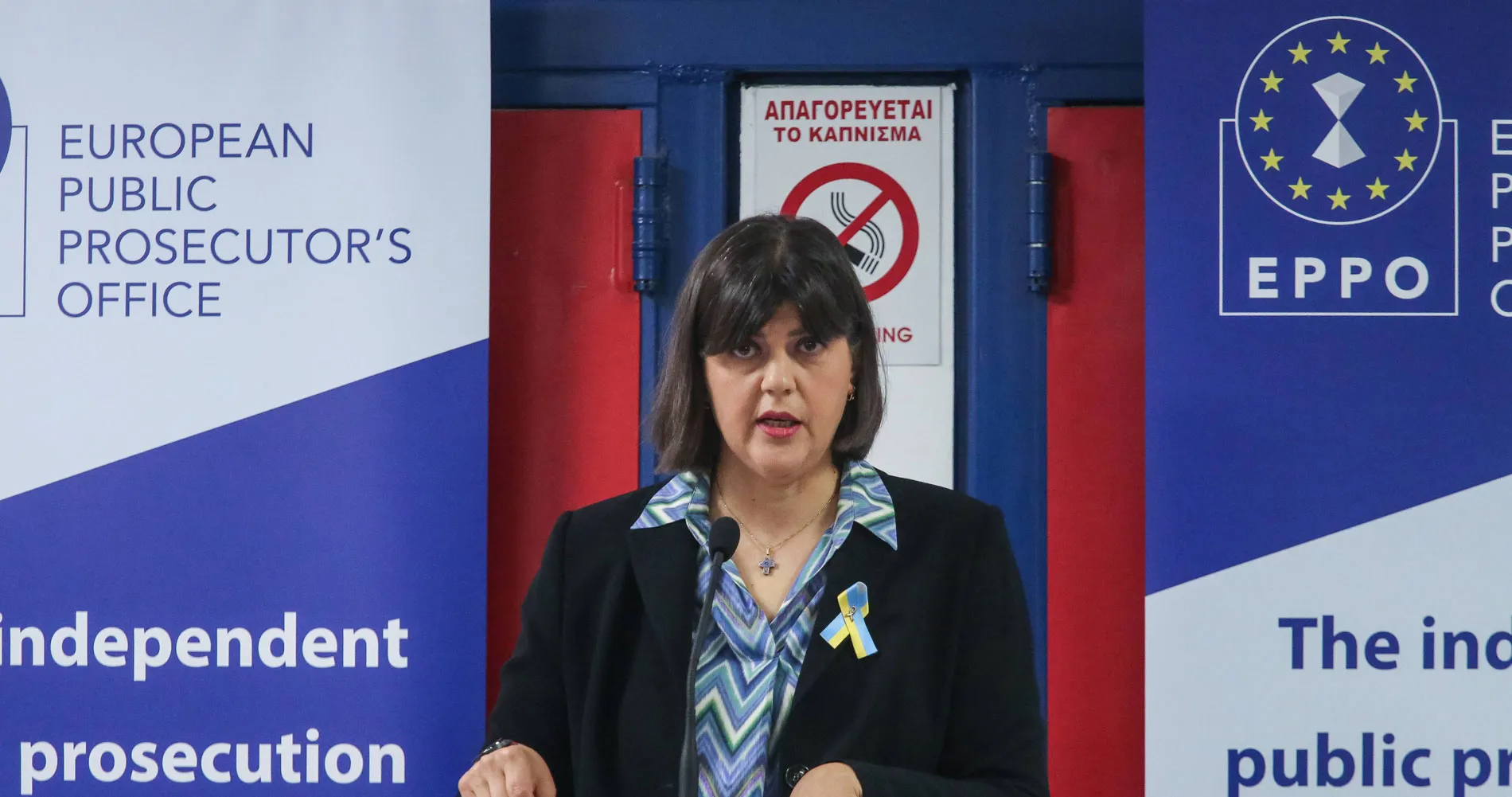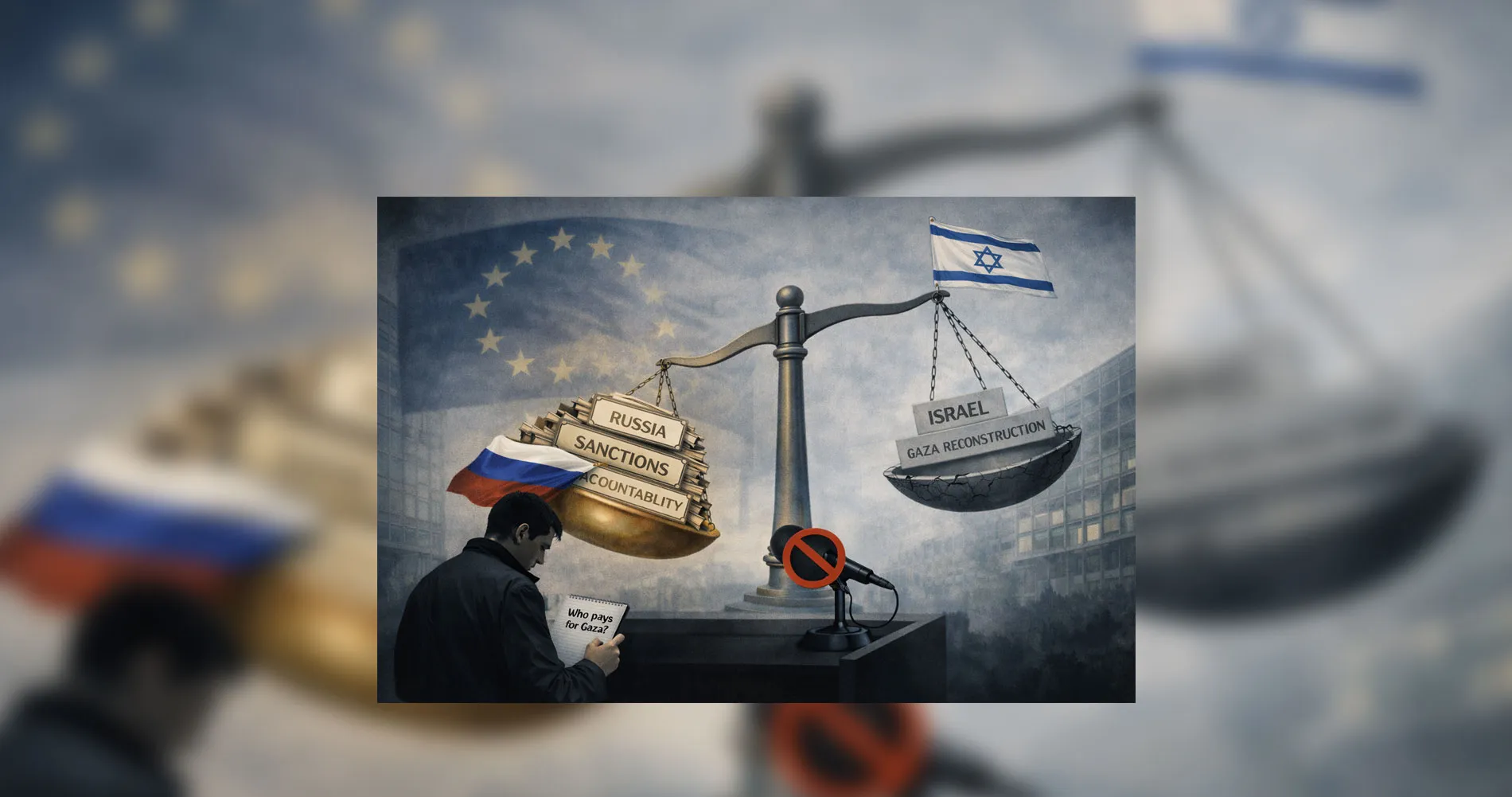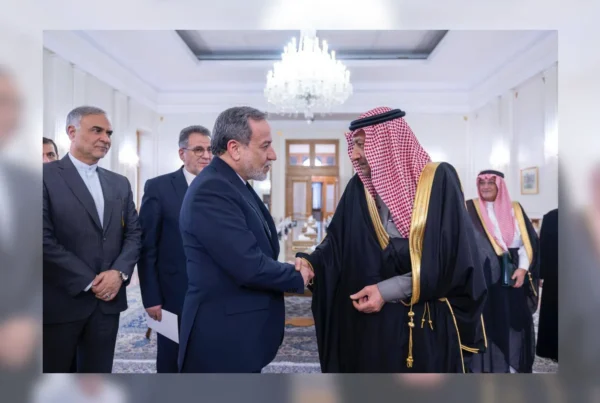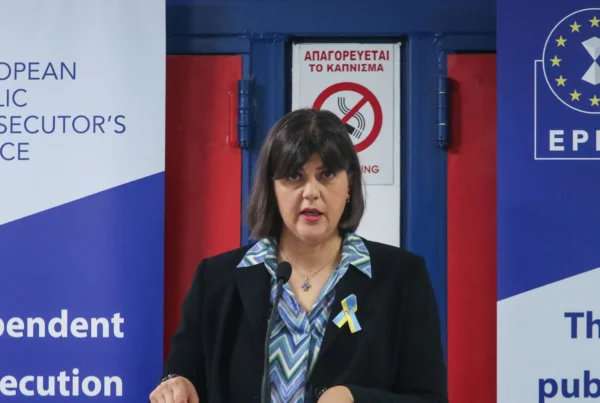The Arab League has decided to support Egypt’s ambitious EUR 47.9 billion (USD 53 billion) plan to rebuild Gaza in response to US President Donald Trump’s vision of a “Middle East Riviera”. The proposal includes wealthy real estate investors who are said to be prepared to facilitate the new development. The EU has already signaled support for the initiative. In latest developments, the United Arab Emirates (UAE) is, however, lobbying for the Trump administration to reject the plan.
Alexandra Dubsky
27 March 2025
Arabic version | Chinese version | French version | German version
President Trump shared an AI-generated video on his Truth Social account in February 2025 depicting a “golden Gaza.” The clip featured him and his close advisor, tech billionaire Elon Musk, snacking on the beach with both Musk and Netanyahu lounging shirtless in the sun. The video included lyrics such as “Trump Gaza is finally here.” President Trump has reportedly stated he will not “force” his ideas on anyone but continues to insist that his plan is the only one “that really works.”
It took President Trump’s statement that America will take over Gaza for the Arab world to unify its Gaza policy. The Arab leaders that met at an emergency summit in Cairo, Egypt on 4 March 2025 have approved an extensive reconstruction plan as an alternative to Trump’s proposal to “take over Gaza” including relocating the civilian Palestinian population living there.
“The Egyptian plan is now an Arab plan”, declared Arab League Secretary General Ahmed Aboul Gheit at the conclusion of the Cairo meeting. He underlined that “the Arab position firmly rejects any displacement, whether voluntary or forced”.
Cairo’s proposal was developed by a diverse range of experts including sustainability specialists from the World Bank and hotel developers from Dubai. It also draws lessons from war-torn cities that were successfully rebuilt, such as Hiroshima, Beirut and Berlin. Additionally, the projected designs are influenced by Egypt’s own experience with “New Cairo,” a massive megaproject that includes a new administrative capital in Cairo’s surrounding desert.
While Hamas has accepted the plan, Israel opposes internationalizing the conflict in this manner, according to regional diplomats.
The leaders of two major players of the region, Saudi Arabia and the UAE, were not present at the Cairo Summit. While Saudi Arabia’s Crown Prince Mohammed bin Salman emphasized the Kingdom’s full support for the Arab League resolution on Gaza, the UAE is reportedly now pressuring the Trump administration to derail the Egyptian plan. The UAE argues that Egypt’s Gaza plan does not explicitly detail how Hamas would be disarmed and removed from the Gaza Strip.
Moreover, the UAE’s ambassador to the US, Yousef al-Otaiba, has been lobbying key figures in President Trump’s inner circle and US lawmakers to pressure Egypt into accepting forcibly displaced Palestinians, according to a US official and an Egyptian source, the Middle East Eye (MEE) reported. Previously, Otaiba stated that he saw “no alternative” to Trump’s proposal earlier this year for the forced displacement of Palestinians outside the Gaza Strip.
US National Security Council spokesman Brian Hughes stated: “President Trump has been clear that Hamas cannot continue to govern Gaza,” adding: “While the President stands by his bold vision for a post-war Gaza, he welcomes input from our Arab partners in the region.”
Shahira Amin, an independent Cairo-based journalist and senior fellow at the American think tank Atlantic Council, told iGlobenews in an exclusive interview. “It is a power struggle between Egypt, who has been the regional leader for decades, and the UAE, who is keen to overtake this position”. The UAE had normalized ties with Isreal prior to the Hamas attack in October 2023, including exchange of diplomats, student exchange programs, etc. – a move Egypt has never done.
The Arab League proposal is designed to be implemented in three phases. The first, an initial six-month “early recovery stage”, will focus on clearing vast amounts of rubble and removing unexploded weaponry. The following two phases will extend over several years and involve rebuilding residential buildings and infrastructure. During this period, displaced Gazans would be housed in temporary container units.
Egyptian officials argue that the plan clearly designates the Palestinian Authority (PA) as the governing body. It proposes a security force for Gaza trained by Jordan and Egypt and leaves open the possibility of deploying UN peacekeepers in both Gaza and the occupied West Bank. UN Secretary General Antonio Guterres “strongly endorsed” the Arab-led initiative, adding: “The UN stands ready to fully cooperate in this endeavor.”
The European Union had welcomed the Arab Recovery and Reconstruction Plan presented at the Cairo Summit on 4 March that was also adopted by the OIC. “The EU is determined that there must be no future role for Hamas in Gaza, and that Hamas will no longer be a threat to Israel. We will continue our political and financial support to the Palestinian Authority and its reform program, to help it prepare for its return to govern Gaza,” an official European Commission statement said.
“The EU is fully committed to reviving a political horizon towards peace in the Middle East, based on the two-state solution. It recalls the importance of sustained distribution of humanitarian assistance at scale throughout Gaza,” it concluded.
Trump’s senior advisors have shown mixed reactions to the Arab League’s post-war plan for Gaza. During his regional visit in March, Trump’s Middle East envoy, Steve Witkoff, did not fully endorse the plan but described it as the “basis for reconstruction efforts.” Some US and Egyptian officials believe the UAE’s lobbying has strained US-Egyptian ties.
Witkoff had travelled to the Middle East to negotiate with Hamas, a novel move, since the US in the past has refused to negotiate with Hamas, which the US considers a terrorist organization, directly. Witkoff was charged with enforcing the ceasefire and getting all hostages released, dead or alive.
Israeli Prime Minister Benjamin Netanyahu, who has praised Trump’s plan as “visionary,” has, however, consistently ruled out any future involvement in Gaza of both Hamas and the PA.
Egypt’s President Abdul Fattah al-Sisi further emphasized at the Cairo summit the ultimate need for a parallel initiative, alongside the physical reconstruction of the Gaza strip, to advance the two-state solution, namely a Palestinian state coexisting with Israel. While Arab nations and many other members of the global South and Europe and even many in Israel view this as the only viable path to lasting peace, Netanyahu and his allies strongly reject this option.
Real estate investors in some Arab states have shown willingness to cover a significant portion of the massive costs. Potential investors remain hesitant however, unwilling to commit funds unless they are assured that another conflict would not reduce the rebuilt infrastructure to rubble once again.
Their hesitation is confirmed by the collapsed ceasefire. Since restarting its military campaign in Gaza on 18 March, Israel has killed nearly 700 Palestinians, including at least 400 women and children, according to the Hamas-run health ministry in Gaza.
On 24 March, Egypt proposed a new ceasefire plan to restore peace in Gaza. This plan would entail Hamas releasing five Israeli hostages each week, with Israel implementing the next phase of the ceasefire after the first week. Hamas is believed to still be holding 59 hostages: 24 of whom are thought to be alive.
The Egyptian plan also includes a timeline for Israel’s full withdrawal from Gaza, which would be backed by US guarantees and the release of hostages.
While the United States and Hamas have agreed to the proposal, Israel has not responded.


